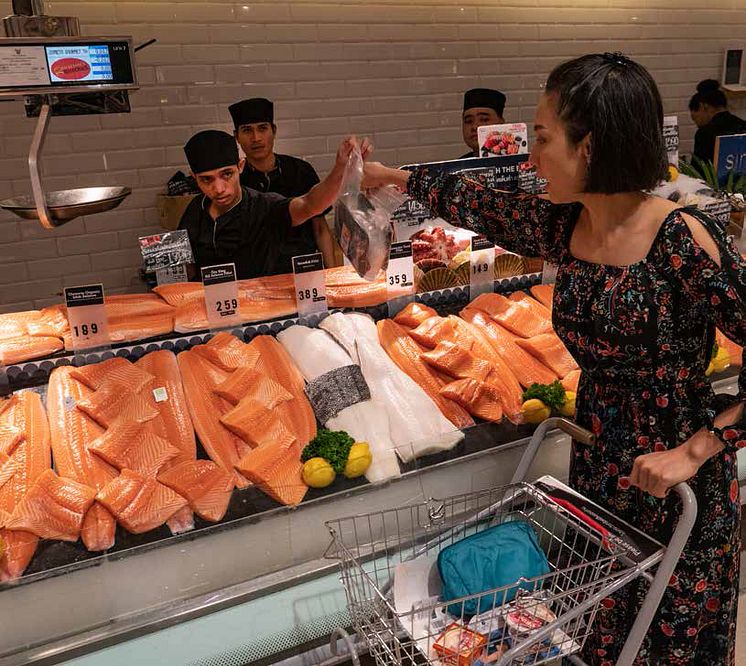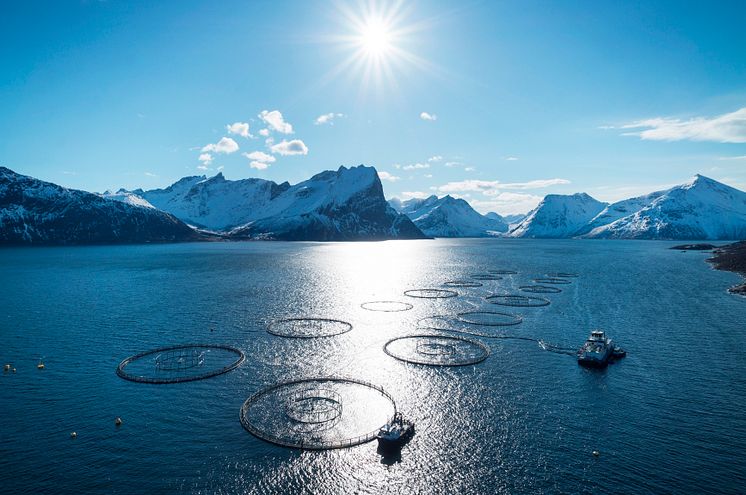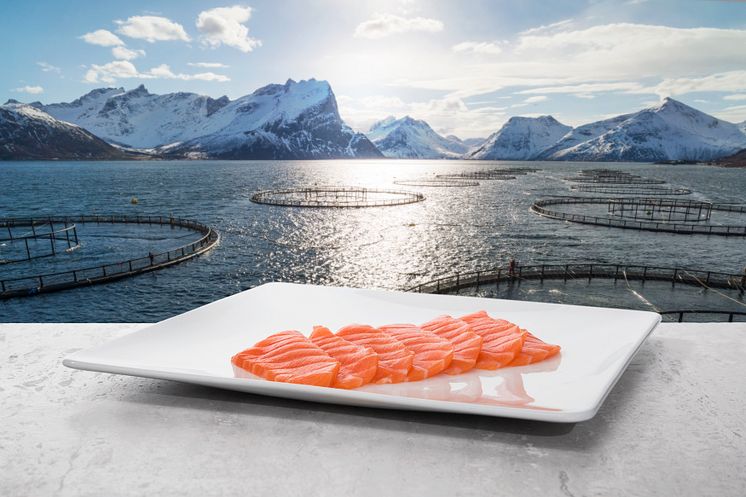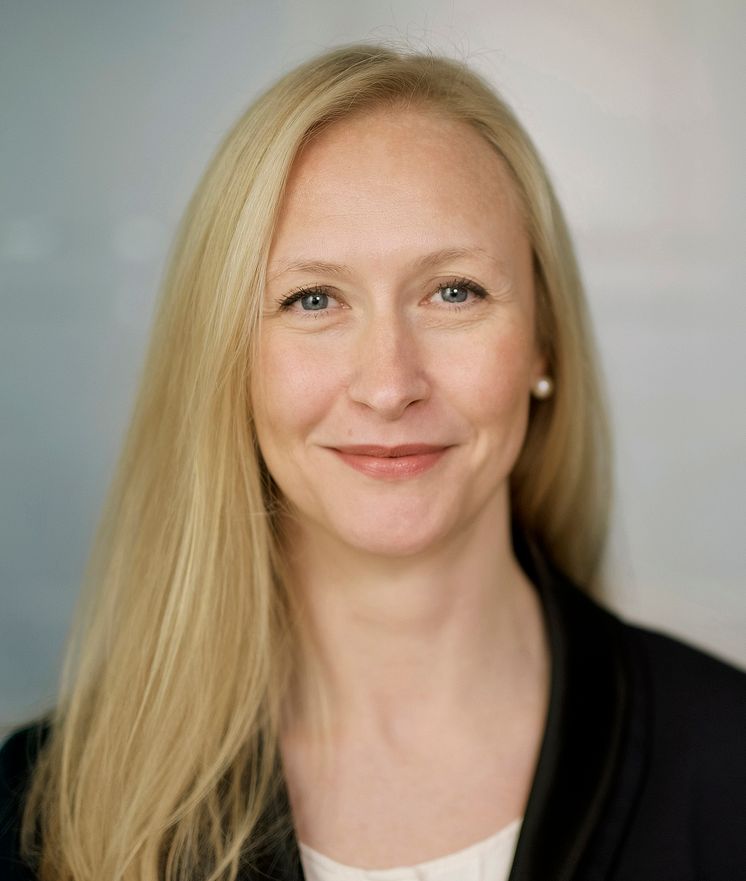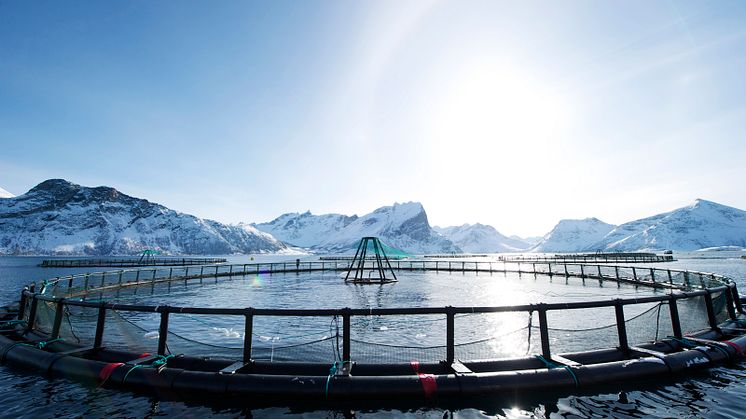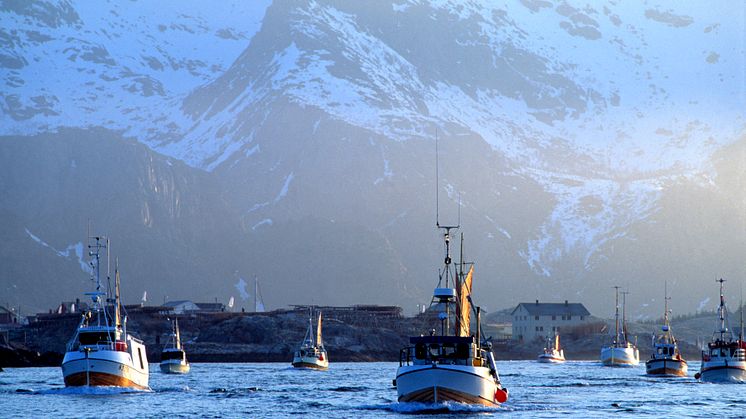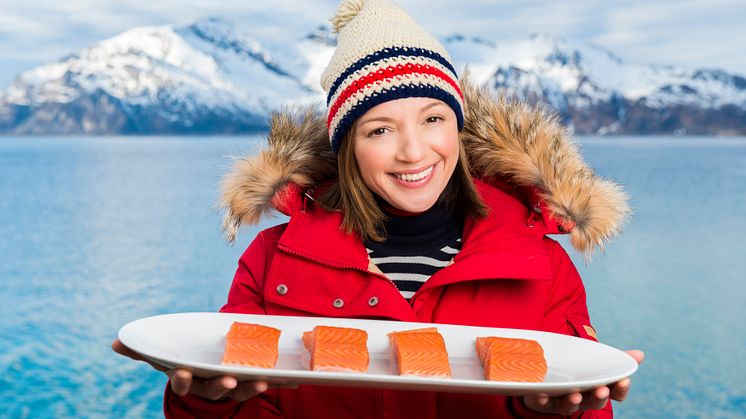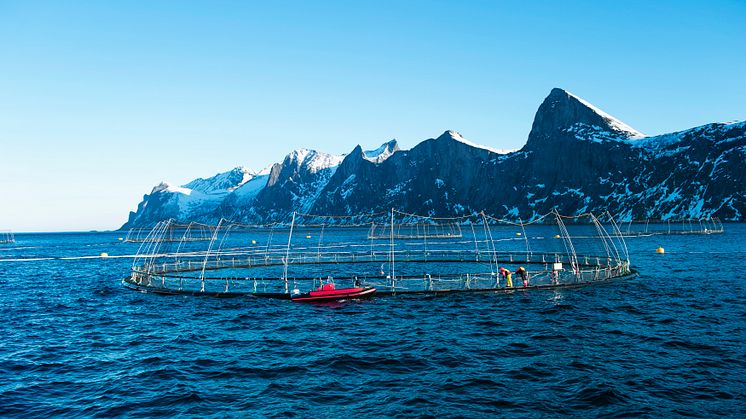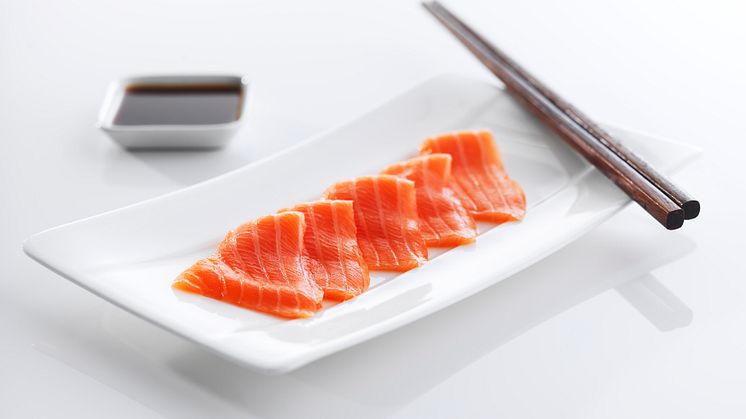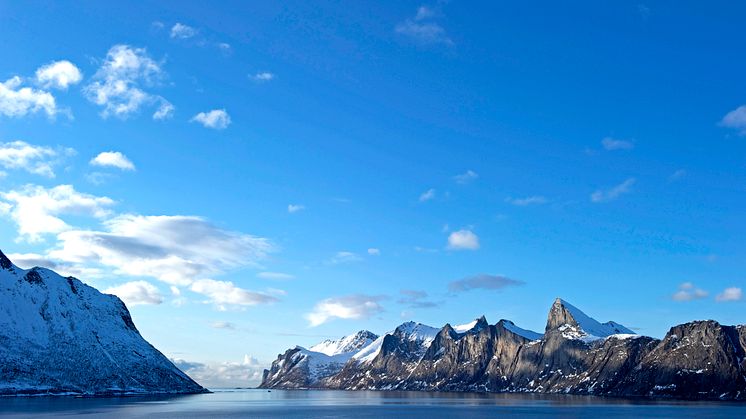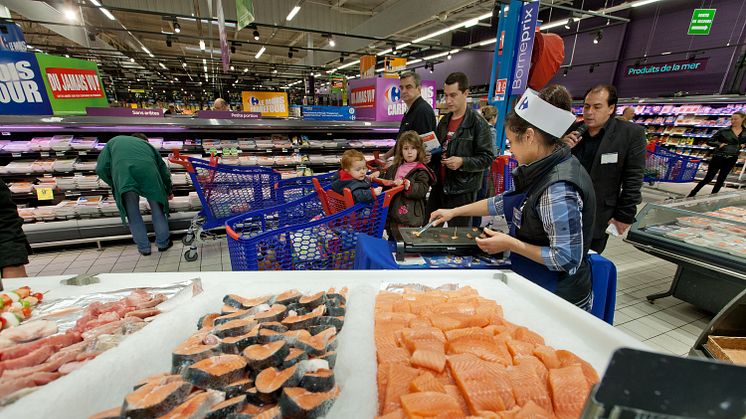
Press release -
An edible solution to the climate crisis
Eating more seafood can play a large part of the solution to the world’s climate woes, concludes a new report using data from 165 experts and scientists.
The report was commissioned by the High Level Panel for a Sustainable Ocean Economy, composed by 14 prime ministers and presidents across the world, and was presented at the UN Climate Action Summit in New York earlier this month.
According to the report it is the first time the ocean is presented as part of the solution rather than a victim, and seafood is one of the five areas where the report states there is massive potential to halt the climate crisis.
- We need increased focus on the simple things we can do in our everyday lives to improve the health of our planet and our peoples, and seafood, if produced and harvested responsibly, is a fantastic source of sustainable protein, says Renate Larsen, CEO of the Norwegian Seafood Council.
In the seafood area, the report states the largest potential mitigation gains are likely to be found in shifting diets away from terrestrial animal-based protein towards plant- and ocean-based options that have been identified as having a lower carbon cost.
Speaking up for seafood
- International and most national nutritional guidelines recommend eating at least two portions of seafood every week, from a health point of view, but not enough of us are currently doing so. Adding more seafood to our diets can help not only our health, but also the planet, says Larsen.
The 2018 Norwegian Seafood Council seafood consumer study, mapping more than 25,000 people across 25 markets, found that only just over half of people say they eat seafood twice a week or more.
- We see that trends of vegetarianism and veganism are taking hold in many markets. And whilst eating more plant-based foods is a really great thing, we need to speak up for seafood and let consumers know our seafood is a sustainable and healthy protein option, says Larsen.
A world leader in sustainable seafood production
- Consumers around the world are becoming increasingly concerned with where their food comes from and how it is produced. The Norwegian model for wild fisheries management and modern aquaculture is often hailed as best practise from both a sustainability and quality point of view, says Larsen.
Norwegian salmon companies recently topped the list of the world’s most sustainable protein producers in the 2019 Coller FAIRR report, and the carbon footprint of Norwegian salmon is significantly lower than pork and beef. Norway is also a world leader when it comes to management of wild stocks. It was listed as a world leader is fishery management by the UN in 2007, and currently has the world’s highest proportion of MSC-certified fisheries.
- The Norwegian seafood industry has a very high focus on sustainability and meeting the UN Sustainable Development Goals. The success is the result of a well functioning model of businesses working together with regulators and scientists to drive continuous improvements in new technology, feed innovation, fish welfare, quality and policy incentives for responsible business practices, to name but a few, says Larsen.
Fish for the future
An ever growing world population poses massive strain on our current food production systems. According to UN projections we will need to produce 70 percent more food to meet dietary needs in 2050. Whilst global seafood consumption for the first time reached 20kgs per capita in 2018, most people still do not eat enough seafood according to national and international nutritional guidelines.
- The oceans cover over two thirds of the earth’s surface, yet today it yields a very small part of the world’s food. To meet the UN’s Sustainable Development Goals we need to increase the oceans’ contribution to food production. We need to eat more seafood both wild and farmed, new types of seafood, and give consumers reliable information so they can make informed choices about the food on their plate, says Larsen.
Topics
Categories
The Norwegian Seafood Council works with the Norwegian fisheries and aquaculture industries to develop markets for Norwegian seafood through local market intelligence, market development and reputational risk management. The Seafood Council is headquartered in Tromsø and maintains local representatives in twelve of Norway's most important international markets. The Norwegian seafood industry finances the activities of the Norwegian Seafood Council via a tariff on all Norwegian seafood exports.
The Norwegian Seafood Council is a public company owned by the Ministry of Trade, Industry and Fisheries.




